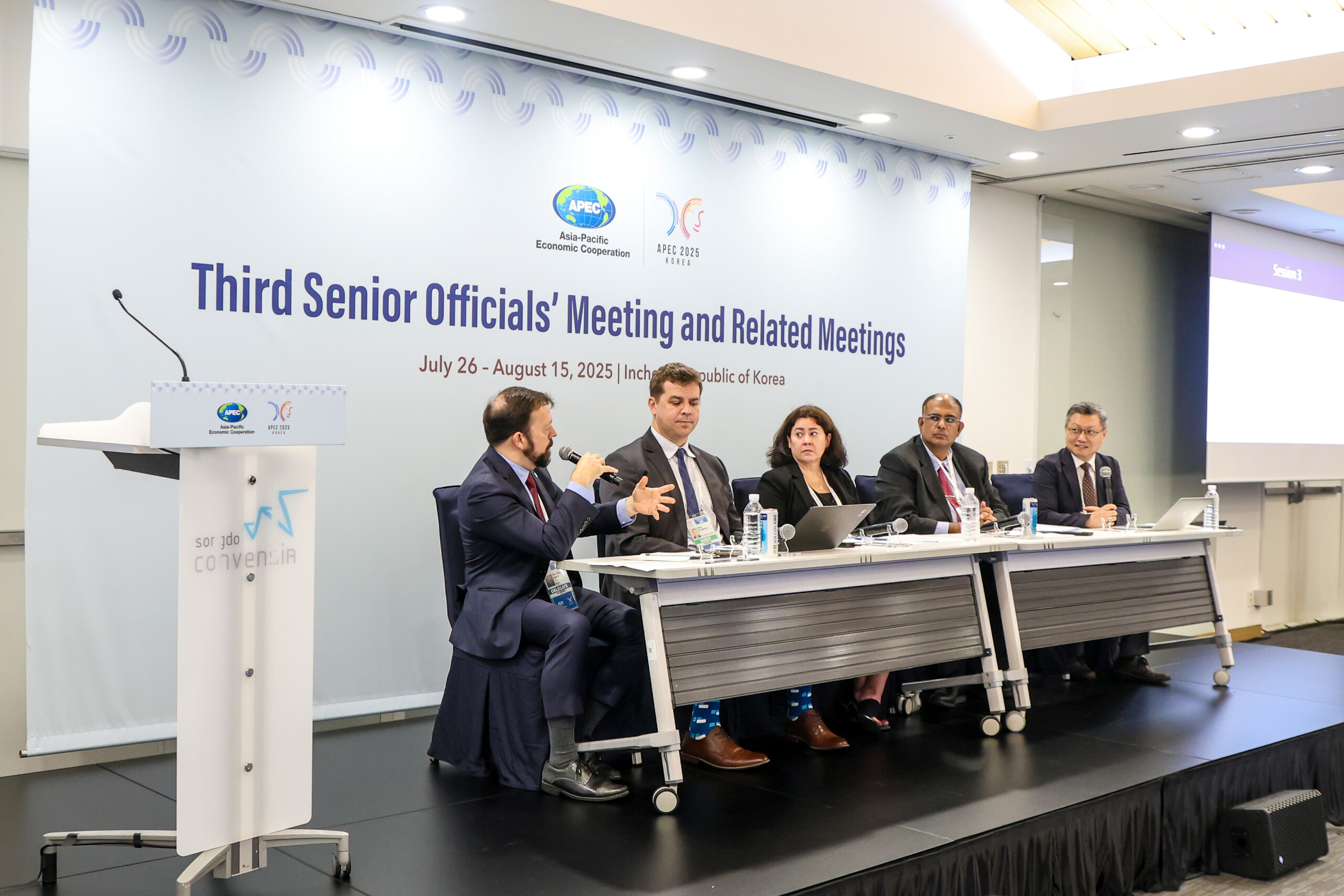This year has seen major shifts in U.S. trade policy, and those issues have risen to the top of the agenda for many. Within that bigger picture, digital trade specifically is a key focus. At ACT | The App Association, we’re deeply involved in advocating for digital trade, but it’s not something developers, users, or consumers think about every day. The key question is: why does digital trade matter so much to the micro, small, and medium-sized enterprises (MSMEs) we represent, and what does it mean for them when barriers to digital trade pop up?
Digital trade barriers are laws, regulations, or policies enacted by countries that restrict or complicate the free flow of digital goods, services, and data across borders. These barriers can come in many forms, including data localization requirements, forced disclosure of source code, discriminatory treatment of companies, or regulations that interfere with the operation of digital platforms and marketplaces. For the MSMEs the App Association represents, these barriers create disproportionate challenges because our members rely heavily on digital platforms for global market access, instant customer trust, and reduced overhead. When digital trade barriers increase compliance costs or limit market access, MSMEs face stifled growth, reduced competitiveness, and fewer opportunities to create jobs and innovate in the global digital economy. Reducing digital trade barriers across the Asia-Pacific Economic Cooperation (APEC) is a must if we want MSMEs to continue to grow and create more jobs.
Recently, I participated in the Asia-Pacific Economic Cooperation (APEC) Senior Officials Meeting 3 (SOM3), where I engaged with policymakers and industry on the future of global digital trade. During this event, I had the opportunity to speak on a panel within the SOM3 Digital Trade Policy Dialogue, sharing the perspectives and priorities of the MSMEs the App Association represents, who are increasingly aware of how digital trade frameworks shape their ability to reach global markets and drive innovation.
During the panel, I emphasized the App Association’s core priorities for digital trade:
-
- Strong Protection for Cross-Border Data Flows
- Preventing Overly Broad Digital Platform Regulation
- Job Creation
Data is the lifeblood of the digital economy. The App Association is a strong proponent for strong protection for cross-border data flows. Such protection requires opposition to forced data localization, defense against foreign source code demands, and resistance to discriminatory regulatory regimes that create unreasonable burdens for MSMEs. I also highlighted how digital economy MSMEs rely on streamlined and predictable digital trade for exporting their software and services, noting that every added regulatory hurdle impacts small businesses far more than their larger counterparts.
While some of the barriers to digital trade have been around for some time (such as data localization mandates), a new and rapidly growing concern is the role of digital platform regulations as trade barriers. Policies like the European Union’s Digital Markets Act (DMA), and similar regulations being proposed or implemented around the world, influenced by the DMA, are starting to fragment the app ecosystem and restrict the ability of MSMEs to compete. These platforms enable streamlined and trusted market access for millions of small developers, and new government rules like the DMA are disrupting functionalities critical to growth, such as cybersecurity, privacy, and access for those with disabilities.
The App Association calls on APEC policymakers to prioritize frameworks that maximize MSME opportunity, support innovation, and enable job creation worldwide. During the SOM3 panel, I urged for leaders across APEC to recognize how digital trade barriers, particularly those that would upend the digital platform framework that has enabled incredible MSME growth and job creation across the region, have outsized effects in stifling small business growth and stalling local job markets. Policymakers can learn several lessons from observing the EU’s implementation of the DMA, where important new platform features have been canceled or delayed and startup growth has stagnated. Ensuring digital policies remain open, fair, and scalable will empower the next generation of entrepreneurs and create the conditions for vibrant economic opportunity throughout and beyond APEC.
The App Association encourages APEC policymakers to put MSMEs front and center by adopting policies that spark innovation, open up opportunities, and support new job growth globally. At the SOM3 panel, the call was clear: leaders in the region need to pay attention to how digital trade barriers, especially those that disrupt the digital platform landscape, can really slow down small business growth and stall local job creation. There’s a lot the region can learn by looking at what’s happened in the EU with the DMA, and those experiences should guide how APEC member economies approach new digital platform rules. By prioritizing the MSME community’s interests, we can empower a new wave of entrepreneurs and help build a thriving, opportunity-rich future across APEC.
